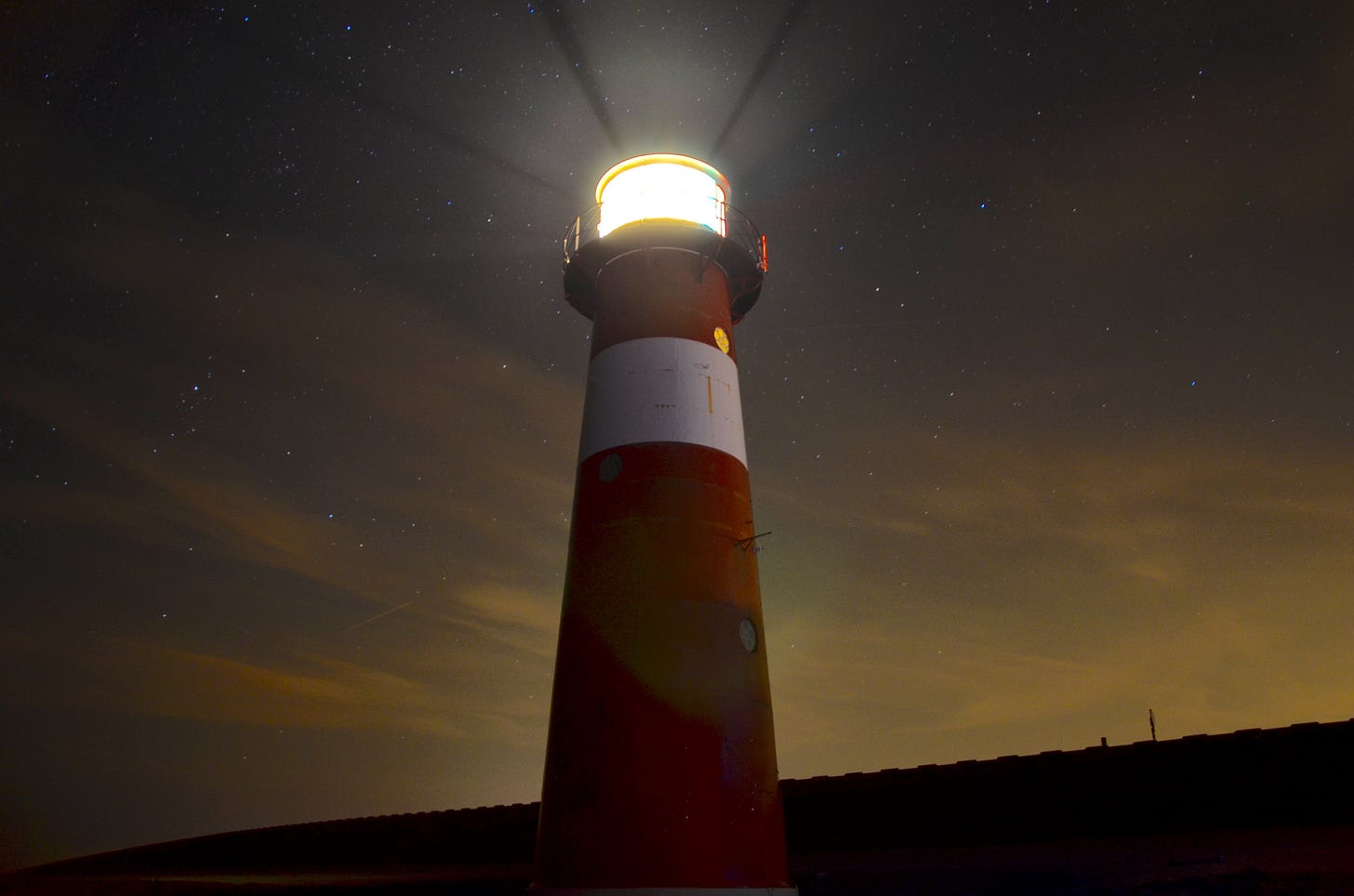Let’s make Johnson County a beacon in a time of change
Our little blue dot can be a powerful example of what an investment in caring for everyone can accomplish.

“All that you touch
You Change.
All that you Change
Changes you.
The only lasting truth
Is Change.”
-Octavia Butler, Parable of the Sower
We live in a time of change. Climate change wreaks havoc from our weather to our home insurance. Political change is realigning our politics, causing fights within both parties, paralyzing Congress, and re-elected a chaos president. Economic change has spawned a yawning wealth gap and pervasive resentment that expresses itself everywhere from the celebratory reaction to the death of CEO Brian Thompson to the envy poorer rural Iowans express toward more prosperous urban Iowans. And that’s not even getting into the disruptions caused by changing societal norms or AI and other technologies.
A guide is helpful in times like these. Not a guide for each specific change, but a guide to living through change. Those exist from Hellenistic philosophy to management frameworks to novels like Octavia Butler’s bestselling Parable of the Sower, in which change is literally a religion. Butler did not recommend “change” as an actual religion, but the book has a solid set of ideas for dealing with change.
For one: it’s better to lead change than to be at its mercy. As Parable says:
“A victim of [Change] may,
Through learning adaption,
Become a partner of [Change],
A victim of [Change] may,
Through forethought and planning,
Become a shaper of [Change].”
Adapting and shaping change does not mean that we abandon our institutions, our rights, or our interests. It means that no amount of wishing will rewind time and give us back that past. It means that in order to succeed, we need to see what has changed and what has not, and consider how to use these new circumstances to support what we value.
How would we do that?
For one thing, avoid analysis paralysis. Take the last election. If you want to understand what happened, pundits have unlimited, opposing hot takes. For example, Democrats were too progressive, too centrist, or too conservative. The national party provided too little support to down-ballot candidates or exerted too much control over their messaging. Republicans alienated women with their focus on abortion or won them over with their focus on inflation. Democrats lost on social issues or economic ones. And so on.
In the long term, some sense may be made of this muddle, but for now, looking back can be a distraction from understanding the current situation and fighting the current war, not the last one.
And what is our current situation? Nationally, we remain closely divided, with the incoming President elected by a weak margin and the House settled by gerrymandering. Many voters responded to calls for stability. More rejected the idea that the old status quo was acceptable. Venerable institutions, which many believe are divorced from their original purposes, risk being dismantled or falling apart.
So roll with the changes: there is opportunity in a vision for a future that builds new institutions on the neglected promises of the old.
Our little blue dot of Johnson County already demonstrates pieces of that vision. We show it in how we invest in conservation, in our schools, in literature, and in the arts. On the strength of what Butler would call our “powerful positive obsession” for caring for everyone, from the greatest to the least of these, Johnson County has attracted jobs, wealth, and people and become a better place to live.
There is more we can still do. Creating economic opportunities. Working to make housing affordable and end homelessness. Using local funds to prevent crime instead of always being one step behind. Let’s support these goals and keep our local officials focused on building institutions that make Johnson County a beacon in turbulent times and a shining example of how great we are when we care for everyone.
Kelcey Patrick-Ferree and Shannon Patrick live in Iowa.
Originally published in the Iowa City Press-Citizen on January 11, 2025.

